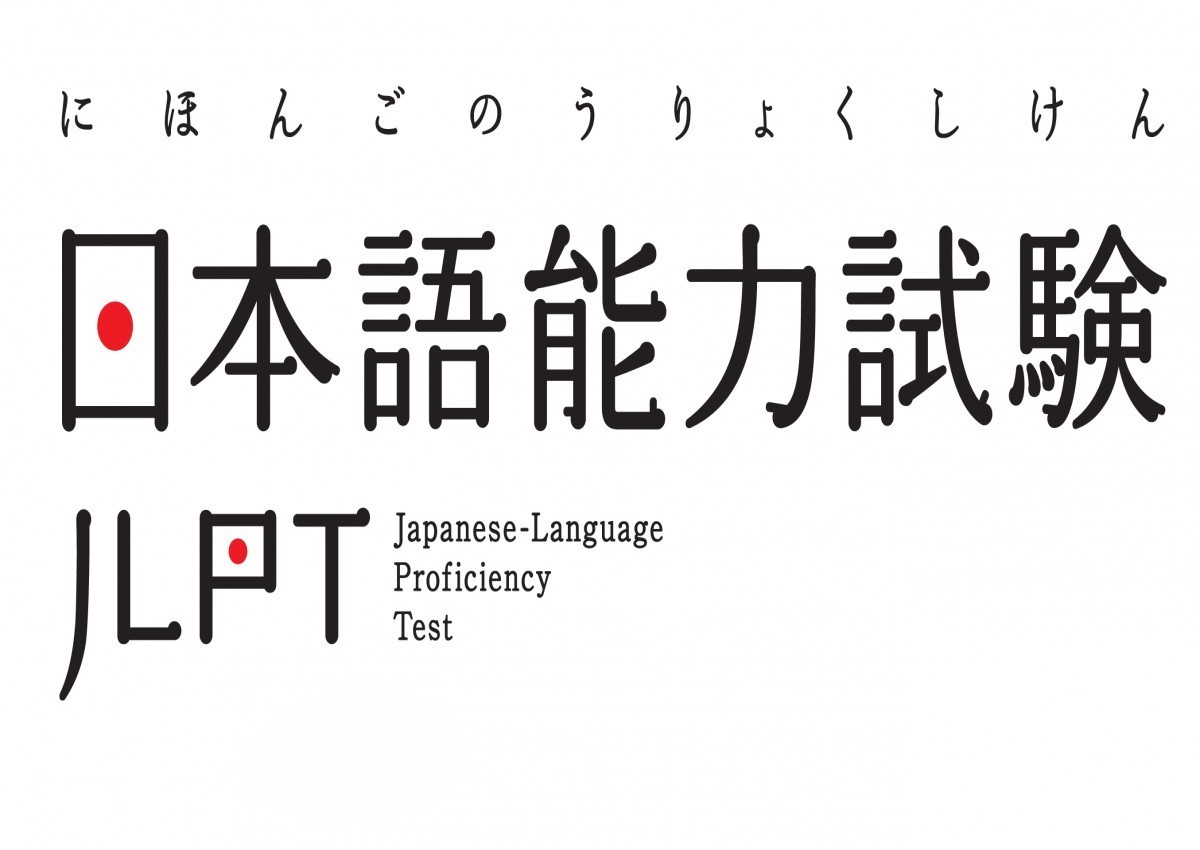08 Nov
"The Ultimate Cheat Sheet to Pass Your Japanese Exam Like A Pro"
The Ultimate Cheat Sheet to Pass Your Japanese Exam Like A Pro
Passing a Japanese exam, especially the Japanese Language Proficiency Test (JLPT), requires dedication, strategic planning, and effective study techniques. Whether you're a beginner or an advanced learner, this cheat sheet provides you with essential tips and strategies to ace your Japanese exam like a pro.
**1. Understand the Exam Structure**
Before diving into your Japanese exam preparation, thoroughly understand the structure of the test. The JLPT, for instance, consists of different levels, each with specific sections covering reading, listening, and language knowledge. Knowing what to expect in each section is crucial for targeted preparation.
**2. Set Clear Goals**
Define your goals for the exam. Whether it's passing the N5 to demonstrate basic proficiency or aiming for the prestigious N1 certification, setting clear goals provides direction and motivation for your study plan.
**3. Create a Study Schedule**
Design a study schedule that accommodates your daily routine and goals. Consistency is key, so allocate specific time slots for studying Japanese, and stick to your schedule as closely as possible.
**4. Master the Fundamentals**
Grammar, vocabulary, and kanji are the building blocks of the Japanese language. Dedicate a significant portion of your study time to mastering these essentials. Start with basic grammar patterns and build your vocabulary gradually.
**5. Practice Reading Extensively**
The reading section in Japanese exams can be challenging, especially at higher levels. To improve reading comprehension, read various materials in Japanese – from textbooks and newspapers to novels and online articles. Pay attention to context, idiomatic expressions, and sentence structure.
**6. Engage in Listening Activities**
Listening comprehension is vital for Japanese exams, and it's essential to expose yourself to a variety of accents and speaking speeds. Watch Japanese movies, listen to podcasts, and engage in conversations with native speakers or language partners to sharpen your listening skills.
**7. Practice Writing and Speaking**
Don't neglect the speaking and writing aspects of Japanese. Engage in writing exercises, such as journaling in Japanese or writing essays on various topics. For speaking practice, participate in language exchange programs or find conversation partners to enhance your communication skills.
**8. Use JLPT-Specific Study Materials**
Utilize JLPT-specific study materials, such as textbooks, workbooks, and practice tests. These materials are tailored to the test format, ensuring that you're well-prepared for the actual exam.
**9. Simulate Test Conditions**
Regularly practice with timed, full-length JLPT practice exams to simulate test conditions. This helps you get used to the pace and format of the actual test, improving your time management skills.
**10. Take Breaks and Stay Healthy**
Don't underestimate the importance of self-care. Take breaks during your study sessions to avoid burnout. Maintain a healthy lifestyle by getting enough sleep, staying hydrated, and eating nutritious foods.
**11. Join Study Groups**
Consider joining a Japanese language study group or an online community. Collaborating with fellow learners can provide motivation and valuable insights into your study process.
**12. Review and Revise**
Regularly review and revise what you've learned. Use spaced repetition techniques to reinforce your memory of vocabulary and grammar. Over time, this will enhance your retention of the material.
**13. Learn from Your Mistakes**
When practicing with sample tests or taking mock exams, thoroughly review your mistakes. Understand why you got a question wrong and learn from those errors. This will help you avoid similar mistakes during the actual exam.
**14. Stay Positive and Stay Focused**
Maintain a positive mindset throughout your Japanese exam preparation. Keep your end goal in mind, and stay focused on your studies, even when faced with challenging material or moments of self-doubt.
**15. Practice with Real Materials**
Immerse yourself in authentic Japanese materials, such as movies, music, and books. This not only enriches your cultural understanding but also exposes you to real-life language usage.
In conclusion, passing your Japanese exam, whether it's the JLPT or another test, requires a well-structured plan, consistent effort, and a deep understanding of the exam's format. By following these strategies and maintaining your dedication, you can approach your Japanese exam with confidence and pass it like a pro. Remember, proficiency in Japanese is a rewarding journey, and your hard work will pay off in the end. Good luck!










